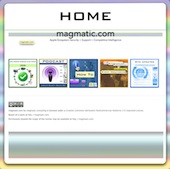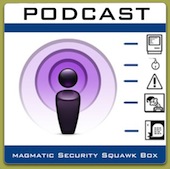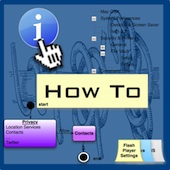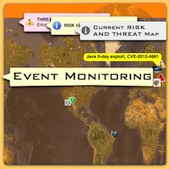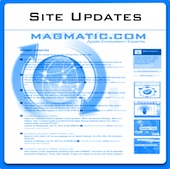Spam Related to CDC, WHO and Swine Flue
 Sunday, May 3, 2009 at 10:57AM
Sunday, May 3, 2009 at 10:57AM There has been a drastic increase in spam related to the recent outbreak of Swine Flue. Many recent messages have links and file content that directs users to malicious sites. There is also reported cases of the inclusion of malicious files. It is important that users open emails from trusted sources.
One way to help users become better educated is to create a sample White Paper for your organization. Marshal8e6's TRACElabs is an excellent starting point including definitions and examples.
 Spam
Spam 
